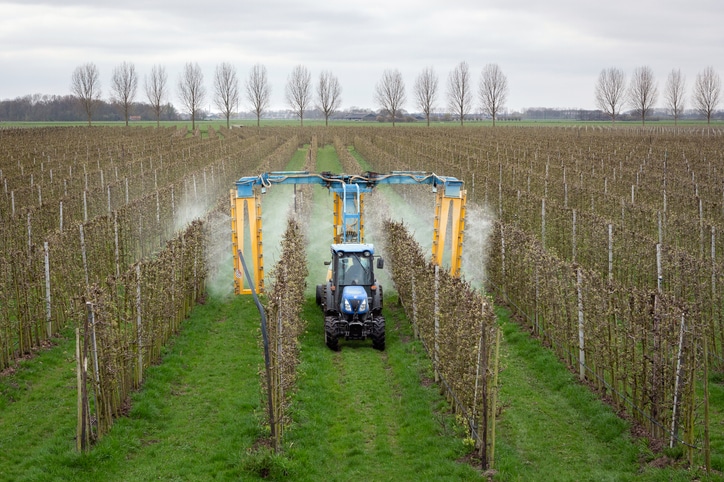
by Komoneed | Dec 6, 2024
Our editors curate highly rated brands that are first assessed by our rigorous ratings system. Buying through our links may earn us a commission—supporting the work we do. Learn more. Look after your feet while looking after the planet with this round up of more sustainable socks from brands all over the world. More sustainable […]
The post The Ultimate Guide to More Sustainable Socks appeared first on Good On You.

by Komoneed | Dec 6, 2024
Boral has unveiled new carbon-reducing technology at its Berrima Cement Works, with Minister for Climate Change and Energy Chris Bowen officially opening the upgraded facility on 4 December.
Located in the Southern Highlands region of New South Wales, Berrima Cement Works supplies 40% of cement in NSW and the Australian Capital Territory. The site is strategically important both for the company and Australia’s manufacturing capability.
The upgraded facility represents a significant milestone in Boral’s decarbonisation journey as it moves away from a reliance on emissions-intensive fuels.
A key part of the upgrade is the Chlorine Bypass, which reduces the build-up of chlorides and other alternative fuel by-products as clinker is produced in the cement works’ kiln. This allows Boral to work towards its decarbonisation goal without the risks associated with increased build-up of materials within the process.
Boral CEO Vik Bansal with Minister for Climate Change and Energy Chris Bowen at the opening of the upgraded facility.
“From our federal highways to the Sydney Opera House and Parliament House in Canberra, for almost a century, the Berrima Cement Works have helped to build and shape Australia,” Boral CEO Vik Bansal said at the facility opening.
“We all understand that though cement is vital to construction and building our nation, it is carbon-intensive. Boral takes its responsibility to decarbonise our operations and comply with the Safeguard Mechanism obligations seriously.
“The Chlorine Bypass Facility reaffirms this commitment and moves our vital cement manufacturing infrastructure and Southern Highlands operations into a new era — one with less impact on the planet.”
Berrima Cement Works is one of the largest employers within the Wingecarribee Local Government Area, with about 115 people working in operational and administrative roles and approximately 350 people employed across integrated sites in the Southern Highlands. The cement works also indirectly support local jobs associated with logistics, contractors and suppliers.
“We thank both the federal government and NSW Government for their respective investment in this facility and remain committed to decarbonising our operations, in line with our net zero commitment,” Bansal said.
All images courtesy of Boral.

by Komoneed | Dec 6, 2024
The United Kingdom set a new record for electric vehicle (EV) sales in November, with more than 25 percent of total car registrations being for EVs, according to the most recent statistics from New AutoMotive. The latest figures mean EV sales in the country have held more than 20 percent of the market share for […]
The post Record-High 25% of Cars Sold in UK in November Were Electric appeared first on EcoWatch.

by Komoneed | Dec 6, 2024
Testimony from the United States during the ongoing International Court of Justice (ICJ) hearing on Wednesday evoked anger from climate activists and vulnerable nations, as the planet’s second-largest greenhouse gas emitter argued against nations being legally obligated to take measures to fight the climate crisis. The oral arguments were part of the historic climate hearing […]
The post Activists and Vulnerable Nations Condemn U.S. Arguments Against Climate Obligations at ICJ Hearing appeared first on EcoWatch.

by Komoneed | Dec 6, 2024
A new study led by Arizona State University has revealed an association between exposure of glyphosate, one of the most commonly used herbicides in the world, and long-term impacts on brain health in mice. The study tested the impacts that two different doses of glyphosate exposure had on mice, with a high dose (500 mg […]
The post Glyphosate Exposure Linked to Long-Term Brain Inflammation appeared first on EcoWatch.






